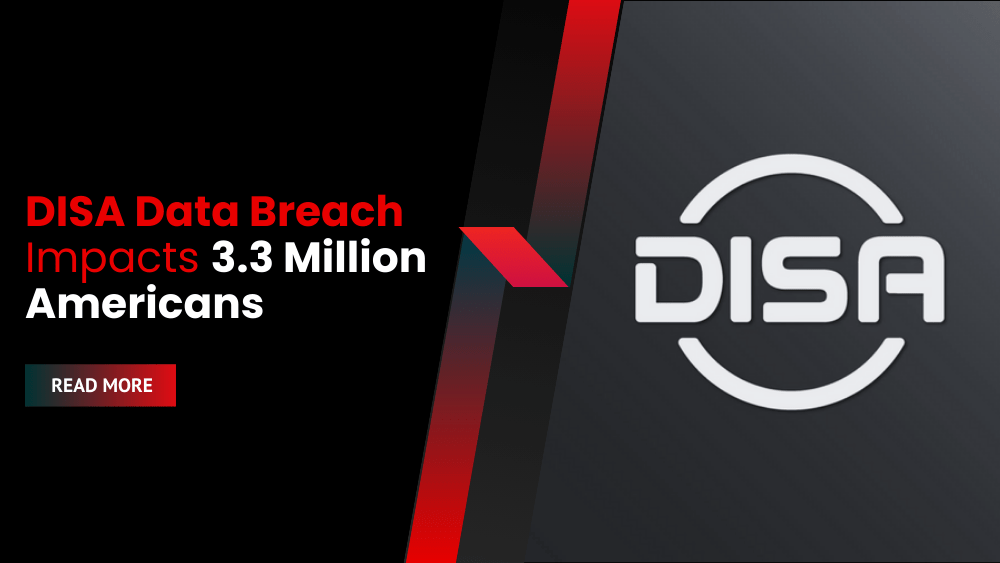DISA Data Breach: 3.3 Million Records Exposed in Major US Drug Testing Firm Hack
DISA Global Solutions, a leading US background screening and drug and alcohol testing firm, experienced a significant data breach. The breach affected 3,332,750 individuals.
The cybersecurity incident occurred between February 9, 2024, and April 22, 2024. DISA discovered the breach on April 22, 2024. The company initially disclosed the incident in January 2025.
Data Compromised in DISA Data Breach
DISA confirmed that sensitive data was accessed. This includes:
- Full name
- Social Security number
- Driver’s license number
- Government ID number
- Financial account information
- Other data elements
The “other data elements” remain unclear. However, given DISA’s services, this likely includes personally identifiable information, contact details, employment history, criminal background checks, drug and alcohol testing data, and medical information.
A now-deleted notice suggests DISA paid a ransom. This was to prevent the stolen data from public release. The company stated it took measures to prevent data release and confirmed data deletion. DISA data has not appeared on the dark web.
To help those affected, DISA offers 12 months of free credit monitoring and identity theft protection through Experian. The company also recommends placing fraud alerts and security freezes on accounts.
DISA has over 55,000 customers. Thirty percent of Fortune 500 companies use DISA’s services. This breach could have significant nationwide consequences. The notification sent to affected individuals stated: “We are writing to inform you about an incident experienced by DISA that may have involved some of your personal information.”
The DISA data breach highlights the vulnerability of even large companies to cyberattacks. The exposure of sensitive personal information underscores the importance of robust cybersecurity measures. Individuals should take proactive steps to protect themselves from potential identity theft.
For more information on data breaches and cybersecurity, read more on:









